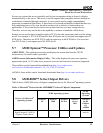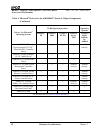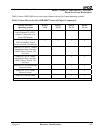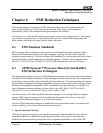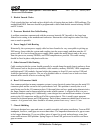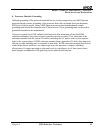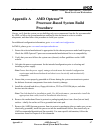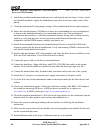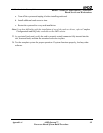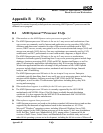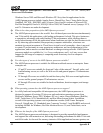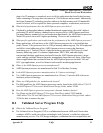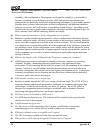
30925 Rev. 3.04 February 2004
Builder’s Guide for AMD Opteron™ Processor-
Based Servers and Workstations
Appendix A AMD Opteron™
Processor-Based System Build Procedure
47
Appendix A AMD Opteron™
Processor-Based System Build
Procedure
Always verify that the system you are building only uses components from the list recommended
by AMD, or follow the recommendations outlined in this document to select a suitable
component, and then follow this procedure to build your system
For additional configuration information, go to:
www.amd.com/configuration
In EMEA, please go to:
www.amd.com/opteronhardware
1.
Ensure the selected motherboard is appropriate for the chosen processor model and frequency.
Check the AMD Opteron™ processor recommended motherboard list as to compatibility.
2. Verify that your case follows the system case (chassis) airflow guidelines on the AMD
website.
3. Calculate the power requirements for the intended configuration prior to selecting and
installing a power supply.
Note: Ensure that the power supply wattage selected meets the intended configuration
requirement and the motherboard and chassis are electrically and mechanically
compatible.
4. Ensure that you are properly grounded at all times during the system construction to protect
the delicate electronic components from static electricity damage.
5.
Install the selected hard drives, floppy disk drives, DVD or CD-ROM player, and other
devices into the chassis.
Note: Check the hard drive installation guide. For full performance, you must also install the
appropriate data cable (see drive installation instructions).
6. Remove the motherboard from its protective packaging and place it on a firm (but not hard)
surface—ideally the surface will be a grounded anti-static pad.
7.
Remove the AMD Opteron processor from its protective packaging (always make sure you are
electrically grounded), install the processor into the motherboard socket, then install only an
AMD recommended heatsink and fan assembly. For more specific information, follow the
instructions found in Chapter 4 of this document.



